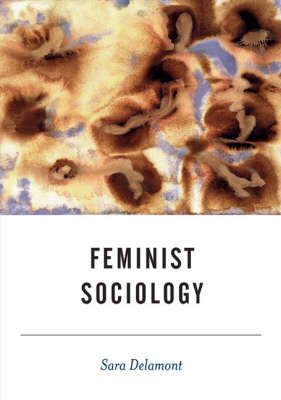BSA New Horizons in Sociology
2 total works
"This is a beautifully written book that takes the reader to the heart of ethnography as experience. Readers can walk in the shoes of ethnographers who have travelled before them, and learn as they learned. Sara Delamont is an undisputed expert in both ethnography and education, and here illustrates she is also a tour de force in writing style. All the important ingredients for a recipe to make a good quality ethnography are here, and they are served up with relish!"
- Karen O'Reilly, Loughborough University
- Norman K. Denzin, University of Illinois at Urbana-Champaign
The ethnography of education has been conducted by sociologists and anthropologists, largely in self-contained and self-referential ways. This book celebrates the continuities and the strengths of ethnographic research on education in formal and non-formal settings, deliberately transgressing the sociology/anthropology divide. Education is broadly defined to cover many settings other than schools, in many countries, for many age-groups.
The book is structured thematically, including chapters on movement and mobilities, memorials and memories, time and timescapes, bodies, and performativities, multi-sensory research, and narratives. Strategies for designing innovative ethnographic projects, and for fighting familiarity are provided.
`This is a model of what a textbook should be, for Delamont states what she intends to do, does it with clarity, summarises succinctly and provides interesting and pertinent references′ - Sociological Research Online
This book explores the achievements of British feminist sociology in theory, methods and empirical research. It outlines the barriers to the development of feminism and explores contemporary challenges. It provides an unrivalled guide to the origins of feminism in the discipline of sociology, analyses the uneasy relationships between feminists and the founding fathers and elucidates the opportunities and challenges presented by post-modernism. The book was written in the spirit of trying to be even-handed in its discussion of the various schools of feminism. It draws on a variety of empirical areas, from science to stratification and from healths and illness to the professions to illustrate the depth and vitality of feminist perspectives.

